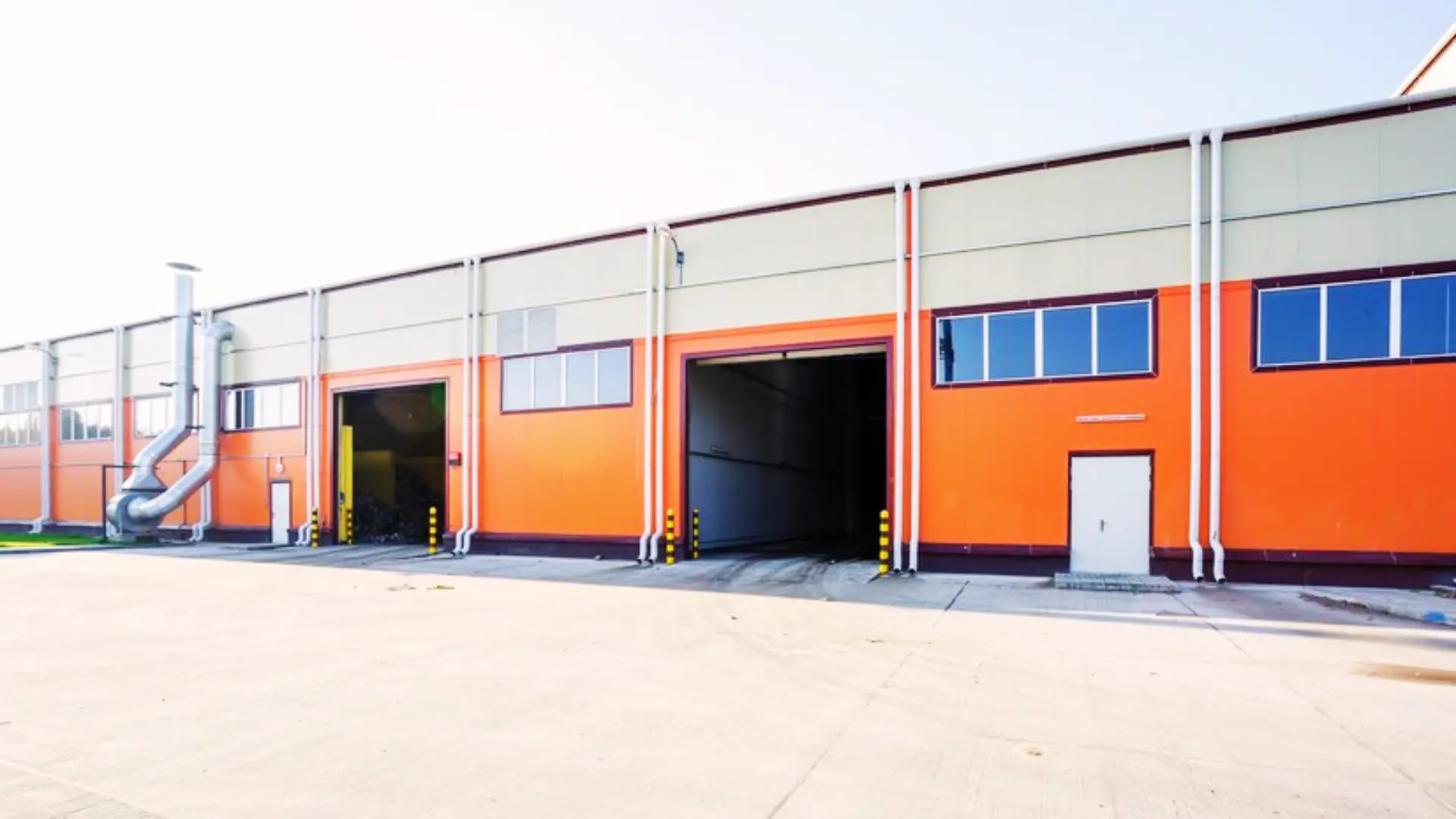In the face of soaring education costs, marked by a persistent 10% inflation rate, people frequently find themselves compelled to explore loan options. Among these, loans against Property (BLAP) and traditional education loans emerge as primary considerations.
Let us dive deep into the realm of “Business Loan Against Property vs. Education Loan,” examining these two avenues of financing to support you in making a well-informed decision that matches your aspirations and financial abilities.
Business Loan Against Property
A Business Loan Against Property is a type of secured loan where an individual pledges their property as collateral to secure a loan from a financial institution. The loan amount granted is usually a percentage of the property’s market value.
In case the borrower defaults on the loan, the lender has the legal right to take possession of the property to recover the outstanding debt. This type of loan is often used for various purposes, including funding education and leveraging the value of the property owned by the borrower.
Substantial Loan Sum
When you take a Business Loan Against Property (BLAP), you may often secure a higher loan amount relative to other types of loans. This is primarily due to the nature of the loan being secured by the value of your property. Lenders are more inclined to provide larger loan amounts when they have valuable assets as collateral.
Additionally, properties tend to appreciate over time. Lenders consider this potential appreciation when determining the loan amount. The higher the value of the property, the more you may be eligible to borrow.
Lengthened Tenor
While an education loan typically offers a repayment period of approximately 5 to 7 years, a Business Loan Against Property provides a considerably extended tenor, spanning between 15 to 20 years. This prolonged repayment duration of a Business Loan Against Property not only eases the financial burden with lower monthly instalments but also allows borrowers more flexibility in managing their financial commitments.
Rise in Demand and Provision of Education Loans
Anticipated trends point to a rising influx of education loans, an outcome of an increasing preference among students to pursue studies abroad. Of this total, over 90 per cent of the education loans were designated to international study ventures, with India-based courses claiming the remaining share. In FY 2022-23, around 7.5 lakh students went abroad for their educational pursuits. This surge in loan requirements bears the potential to elevate prevailing interest rates.
Usually, education loans do not need any assets as a guarantee. And, there is no fixed limit on how much loan you can get. But if you are borrowing Rs. 7.5 lakh or more, you might need to provide some collateral.
The time you get to repay education loans is shorter than loans taken against property. When the time to pay back is short, the monthly instalments increase. This can make managing your monthly expenses a bit harder.
The Ultimate Decision
Both loan options, namely loans against property and education loans, offer notable ways to secure funds for your educational requirements. While a Business Loan Against Property stands out with its significant loan amount and adaptable repayment period, education loans cater to individuals who lack the ability to use property as collateral for their needs.
It is important to note that while a Business Loan Against Property offers the advantage of a higher loan amount, it also comes with the risk of losing the pledged property if you cannot repay the loan as agreed. Assessing your financial state and repayment capability before opting for such a loan is crucial.
Both options have their merits and potential drawbacks, and the choice depends on various factors, such as your economic condition, the specific course you are pursuing, and your long-term goals.
KEY TAKEAWAYS
The demand for education loans experiences an upsurge, driven by students preferring to pursue their studies internationally. However, this rising demand might be coupled with potential interest rate hikes. Education loans do not necessitate collateral; however, the shorter repayment period can result in higher monthly instalments.
On the other hand, the concept of a Business Loan Against Property centres around using the property as collateral to secure a more sizeable loan amount, offering a potential solution for increased financial needs. Notably, this form of loan grants an extended repayment period of 15 to 20 years.
Both loan options cater to fulfilling educational aspirations. Ultimately, the decision-making process pivots on certain aspects, including economic conditions, course preferences, and long-term objectives.
EFL provides a secure and flexible way to leverage your property’s value and fund your dream education. Pledge your property as collateral and access substantial funds to invest in your future. EFL is here to empower you on your educational journey, offering a pathway to success through the power of property-backed financing.




